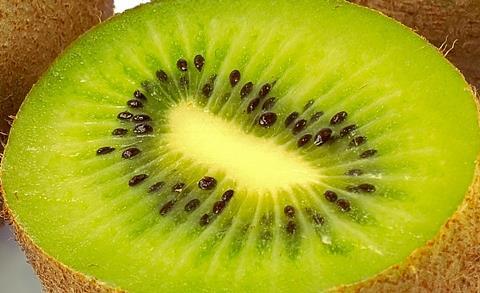
New Zealand kiwifruit growers’ organic status could be retracted after chemical traces were found in this year’s crop.
The testing, carried out by kiwifruit marketer Zespri, found some batches of kiwifruit contained traces of the chemical antimicrobial didecyl dimethyl ammonium chloride (DDAC), commonly used elsewhere in cleaning products and for the management of algae, bacteria, fungi and molluscs.
Some growers had been open about their use of Citrox BioAlexin to help vines battle the bacterial disease Psa, which had previously been permitted. With speculation over whether this is the cause of the contamination, Zespri and Citrox NZ have both released statements advising growers not to use the product prior to harvest.
It takes three years to become organically certified and growers are now currently waiting to find out whether this status will be retracted because of the contamination.
A spokesperson for Zespri stated that the company expected that the majority of the produce would be unaffected and the season would continue as normal.
They also emphasised that none of the product that tested positive has been picked or packed for sale. With the season having only recently commenced, approximately 98 per cent of the organic crop is still on the vines.
Zespri could not provide a precise number of growers affected by the DDAC residue because of the widespread progression of growing, spraying and picking.
Zespri has a 100 per cent residue-testing programme implemented for the 2013 season that examines fruit from all orchards for about 300 compounds. This is aimed at protecting crops and requires growers to provide information on which products they have used.
Fruit that fails testing standards would not be deemed fit for export.
Debbie Morris, the director of agricultural compounds and veterinary medicine at the Ministry of Primary Industries, said the ministry was working with Zespri, Citrox and BioGro, which certifies organic growers, to determine the source of contamination.



